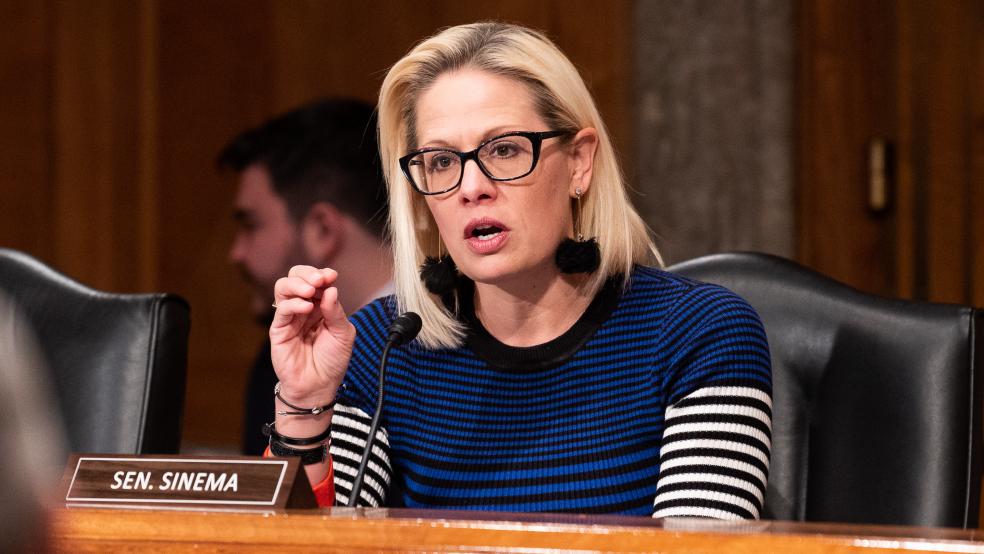The sales pitch has started for the bipartisan infrastructure bill negotiated by 10 senators. Closing a deal with the White House and fellow lawmakers won’t be easy.
“Some Democrats already have expressed discomfort with the early details of the nearly $1 trillion, five-year package, arguing it should be bigger and more robust in scope. Republicans, meanwhile, signaled there may not be widespread support for it within their own party, either,” The Washington Post’s Tony Romm reports.
The White House said last week it has questions about the $974 billion, five-year proposal, which would add up to $1.2 trillion if extended out to the White House’s preferred eight-year timeframe. And with some Democrats losing patience with the process, party leaders have said they are pushing ahead on two tracks, one bipartisan and the other that wouldn’t require GOP support.
Politico’s Playbook on Monday offered some details of the dynamics at play, suggesting that the White House is seriously considering the deal, according to senior Democrats, but wants to see if party members are open to it. And congressional Democrats reportedly want assurances from two centrists pushing the deal, Sens. Kyrsten Sinema (D-AZ) and Joe Manchin (D-WV), that they’ll back a second, broader infrastructure package if this deal is adopted. “There would have to be clarity that we’re getting the second package. Manchin and Sinema are going to have to give assurances to Bernie [Sanders],” one senior Democratic source told Politico.
House Speaker Nancy Pelosi (D-CA) indicated as much on Sunday. In an interview with CNN’s “State of the Union,” Pelosi said, “I don’t know how we can possibly sell [the bipartisan deal] to our caucus unless we know there is more to come.”
For his part, Sanders is pressing ahead with the second track, a broader reconciliation bill that could be passed by a simple majority. “He’s focused on building momentum for a reconciliation bill that will be the most consequential legislation for working people enacted since the 1930s,” a Sanders aide told Politico.
The White House, meanwhile, reportedly wants more details on the financing in the bipartisan deal, more funding for climate priorities and some assurance that 10 Republican senators will back the compromise agreement, since there are just five in the group that negotiated it.
Playbook summed up the challenges involved by harkening all the way back to Rodney Dangerfield’s 1986 movie “Back to School”: “One way to think about why this deal is like the Triple Lindy of legislating for Biden: to pull it off, the two most conservative Democrats (Manchin and Sinema) need to deliver the most liberal senator (Sanders) in their caucus while the five most anti-Trump Republicans (Portman, Romney, Murkowski, Collins, and Cassidy) need to deliver five of their Trumpy colleagues. Sounds hard!”
Budget
Selling the Bipartisan Infrastructure Deal Won’t Be Easy

Michael Brochstein/SIPA USA




